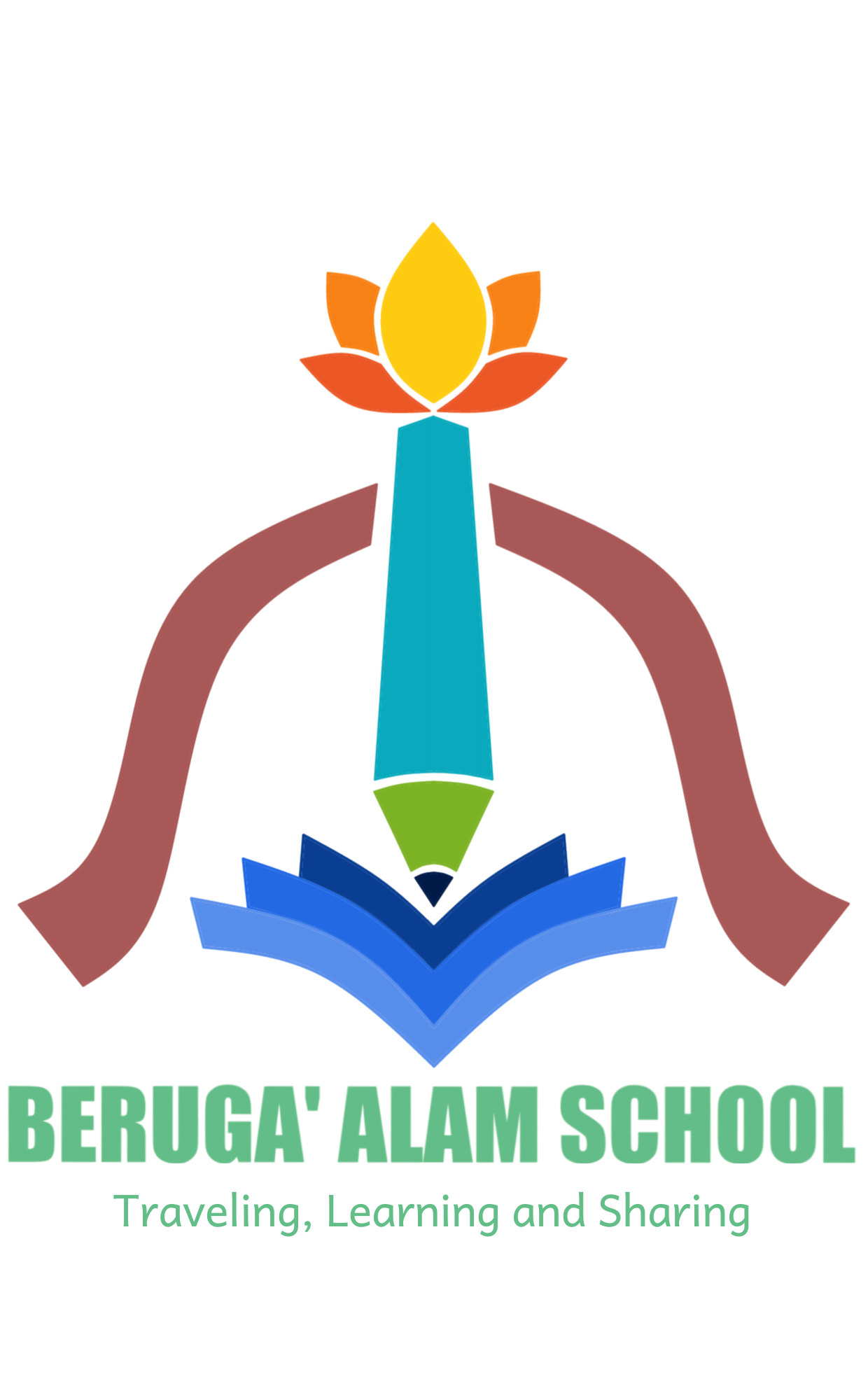
Education tourism, also known as edu-tourism, is a rapidly growing phenomenon that combines travel and learning. It involves individuals traveling to other countries or destinations to participate in educational programs, workshops, or courses that focus on specific skills or knowledge areas. This type of tourism is not only a unique way for travelers to expand their horizons but also a significant contributor to local economies.
Edu-tourism has gained popularity due to the increasing awareness of the importance of continuous learning and professional development. With the rise of online platforms and digital tools, it has become easier for individuals to access educational resources and connect with experts in their field. As a result, many people are seeking immersive learning experiences that combine theory with hands-on practice, such as language courses, cooking classes, or cultural workshops.
Education tourism also has numerous benefits for local communities. It provides an opportunity for them to showcase their culture, traditions, and expertise, while also generating revenue and creating jobs. In addition, it fosters cross-cultural understanding and exchange, promoting global citizenship and collaboration.
However, education tourism also raises concerns about the potential impact on local communities and the environment. It is essential to ensure that these programs are sustainable, responsible, and respectful of local cultures and ecosystems. By promoting education tourism in a responsible manner, we can create a positive experience for both travelers and host communities, ultimately contributing to a more educated and globally aware society.
Author: Admin
Date: June 28th, 2024

